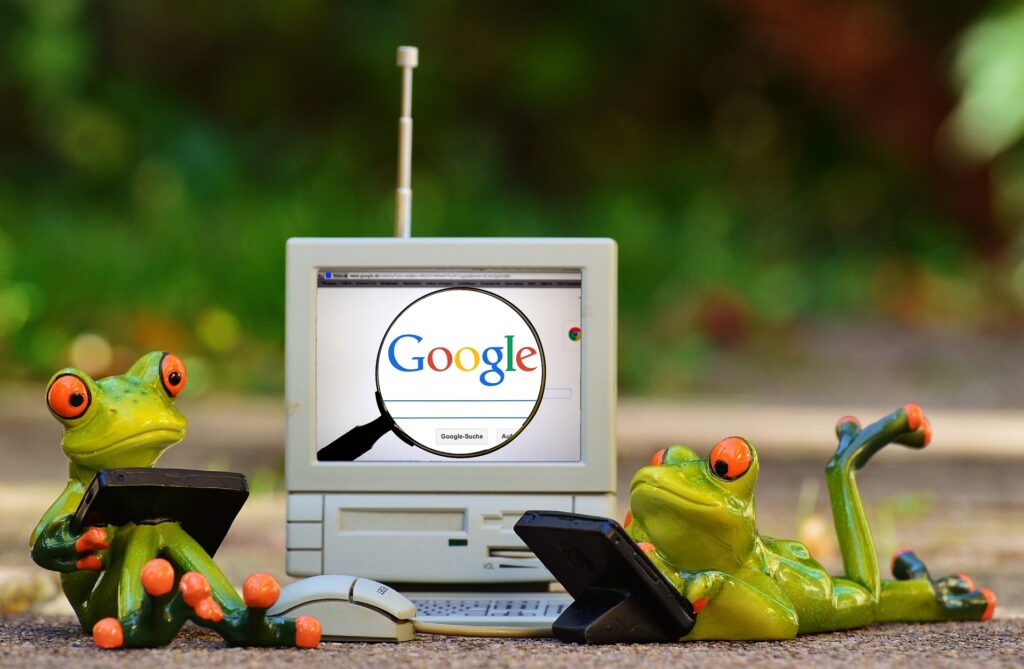Goodbye, Google? Seven Reasons Why a Big Tech-Free Search Engine Is the Smarter Choice

In today’s digital world, search engines are the front doors to the internet. They shape the information we access, influence public opinion, and play a major role in global commerce. Yet the dominant players—Google and Microsoft’s Bing—operate on business models that prioritize profit over people. Their reliance on advertising, data collection, and algorithmic manipulation raises critical concerns about privacy, sustainability, and concentrated power.
After five years of building our search engine, GOOD (“the search engine for a better world”), we made a radical decision last year: to completely break free from Big Tech’s control. And we haven’t looked back since.
But why exactly is an independent, ad-free search engine the better choice? We found seven reasons (and there are more). Here they are
1. Breaking the Monopoly: More Diversity, Less Market Concentration
The internet’s most powerful players—Google and Microsoft—control an overwhelming share of the search market, creating a digital monopoly that restricts competition and diversity. Google alone accounts for over 90% of global search queries, wielding immense power over the flow of information and public discourse.
Alternative search engines like GOOD are crucial in countering this concentration. By offering independent search results and maintaining autonomy from Big Tech infrastructure, they introduce competition and mitigate the risks of a single entity dictating what people see and know. GOOD empowers a more open internet, where users have real choices—and real alternatives.
2. Unbiased and Objective Search Results
Advertising-driven search engines are inherently biased. Their business models depend on promoting paid content, meaning users are often shown results shaped by commercial interests rather than relevance or accuracy. Google made over $350 billion in advertising revenue last year—that’s more than $34 for every person on Earth.
GOOD Search removes this commercial filter. With no ads or paid placements, it delivers organic results based purely on relevance and integrity—ensuring you find what you’re actually looking for, not just what companies want you to see.
3. Escaping the Filter Bubble: A Healthier Way to Form Opinions
Personalized search results may seem helpful, but they can be dangerously limiting. Big Tech companies use algorithms that tailor results based on users’ past behavior, effectively trapping them in “filter bubbles.” This leads to a narrow worldview, reinforcing existing beliefs and limiting exposure to new ideas.
GOOD Search offers a clear window into the web—not a mirror that only reflects what you already think. By avoiding algorithmic manipulation, it promotes access to a broader range of perspectives, supporting informed opinions and democratic discourse.
4. No Psychological Manipulation Through Advertising
Advertising isn’t just about selling—it’s about shaping behavior. Google and Bing have perfected the art of matching ads to search queries, subtly steering users toward purchases and behaviors. Personalized ads create a psychological pressure that many users barely notice.
GOOD Search eliminates this pressure entirely. Without advertising, users can explore the internet without being nudged or manipulated—making the search experience transparent, empowering, and user-centered.
5. A Sustainable Search: Lower Energy Consumption and a Greener Web
Few people realize the environmental toll of online advertising. The infrastructure needed to serve ads, track users, and build behavioral profiles consumes massive amounts of computing power—translating into a significant carbon footprint. Every tracked click, personalized ad, and AI-powered suggestion comes with a hidden environmental cost.
GOOD Search eliminates this digital waste. With no ads, no trackers, and no profiling, it uses significantly less energy. Even better, GOOD actively invests in climate-positive projects that remove more CO₂ than it emits—so every search helps build a greener web.
6. Ultimate Privacy: No Tracking, No Data Collection
Mainstream search engines like Google and Bing track users relentlessly, harvesting vast amounts of personal data to fuel their ad-targeting engines. This invasion of privacy not only feels unsettling—it also leaves users vulnerable to data breaches and third-party exploitation.
GOOD Search guarantees complete anonymity. It collects no personal data, stores no search history, and creates no user profiles. With GOOD, your search history stays exactly where it belongs: with you—and no one else.
7. Social Entrepreneurship: Putting Purpose Over Profit
Big Tech’s ultimate goal is maximizing shareholder value—even if it comes at the expense of ethics, user well-being, or the environment. Engagement, ad revenue, and behavioral manipulation often take precedence over fairness and transparency.
GOOD Search operates on a different model—one rooted in social entrepreneurship. A substantial portion of its revenue supports impact-driven initiatives, including climate action and the United Nations’ Sustainable Development Goals. Instead of fueling consumerism, GOOD powers global progress—through concrete support for social and environmental change.
Join the Movement. Break Free from Big Tech.
With the GOOD web search, we challenge the status quo with an independent, ad-free, and low-carbon alternative. Try it out: www.good-search.org
Questions, Critique, Ideas? Message us!
Andreas Renner, Co-Founder GOOD: andreas@good-search.org

